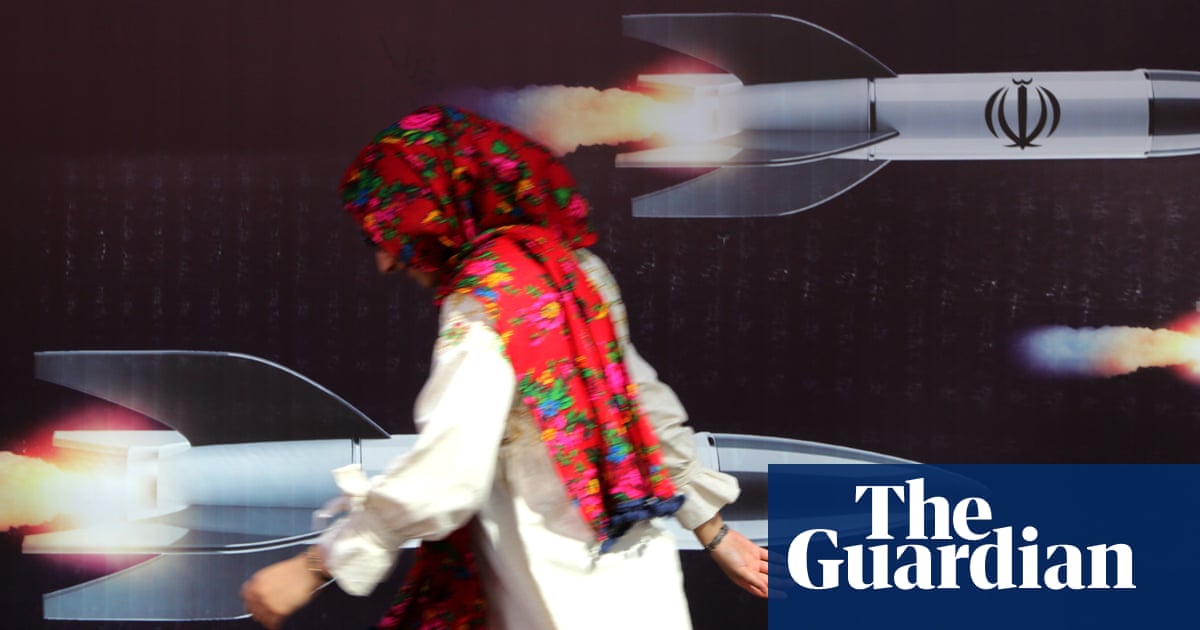Reported Israeli drone strike on Isfahan may signal that this widening conflict has become more dynamic
While the details remain vague, and Iranian denials strong, it seems very likely, given past history and strong comments from US officials, that a limited Israeli drone strike was launched against the Iranian city of Isfahan on Friday morning.
Isfahan is significant for its military-industrial facilities, the presence of an important facility in Iran’s nuclear programme and a major airbase hosting the Islamic Republic’s ageing fleet of F-14 “Tomcats”, making the importance of any strike, whether carried out from beyond Iran’s borders or from within but backed by Israel, more than symbolic.
While Israel has long been engaged in a “shadow war” with Iran – including a claimed Israeli drone strike on a weapons production facility in Isfahan just over a year ago – the dynamics of conflict are defined as much by the context in which events happen as the discrete fact of the attacks themselves.
What is new and dangerous, regardless of the scale or the suspicion of a degree of posturing on both sides, is that a new normal is establishing itself in the conflict betweenIran and Israel.



This is the best summary I could come up with:
While Israel has long been engaged in a “shadow war” with Iran – including a claimed Israeli drone strike on a weapons production facility in Isfahan just over a year ago – the dynamics of conflict are defined as much by the context in which events happen as the discrete fact of the attacks themselves.
Israel’s response, if it is limited only to this, and despite the radio silence from official sources, no longer exists inside some grey area of somewhat implausible deniability.
And while many analysts and officials have been quick to suggest that a limited Israeli strike on Iran could mean a return to the status quo ante, another and more worrying possibility is that this merely signals that this widening conflict has become more dynamic.
If Israel made serious intelligence errors in the past six months – both over Hamas’s aggressive posture before 7 October and in miscalculating how Iran would respond to the 1 April strike on Damascus – it is worth recalling that the same institutions and many of the same individuals, driven by the same assumptions, will be processing the potential danger of the most recent events.
For a figure who has been so long and so profoundly linked to a hawkish position on the threat posed by Iran and its nuclear programme, an Israeli strike that is so limited in this context will be seen by many not as a sign of boldness and resolve, as Netanyahu would like it, but of weakness.
While on the Iranian side the initial noises suggest it hopes to characterise what occurred on Friday as insufficiently serious to warrant a response, the same calculations that led it to launch 300 missiles and drones towards Israel last weekend still hold true.
The original article contains 770 words, the summary contains 293 words. Saved 62%. I’m a bot and I’m open source!